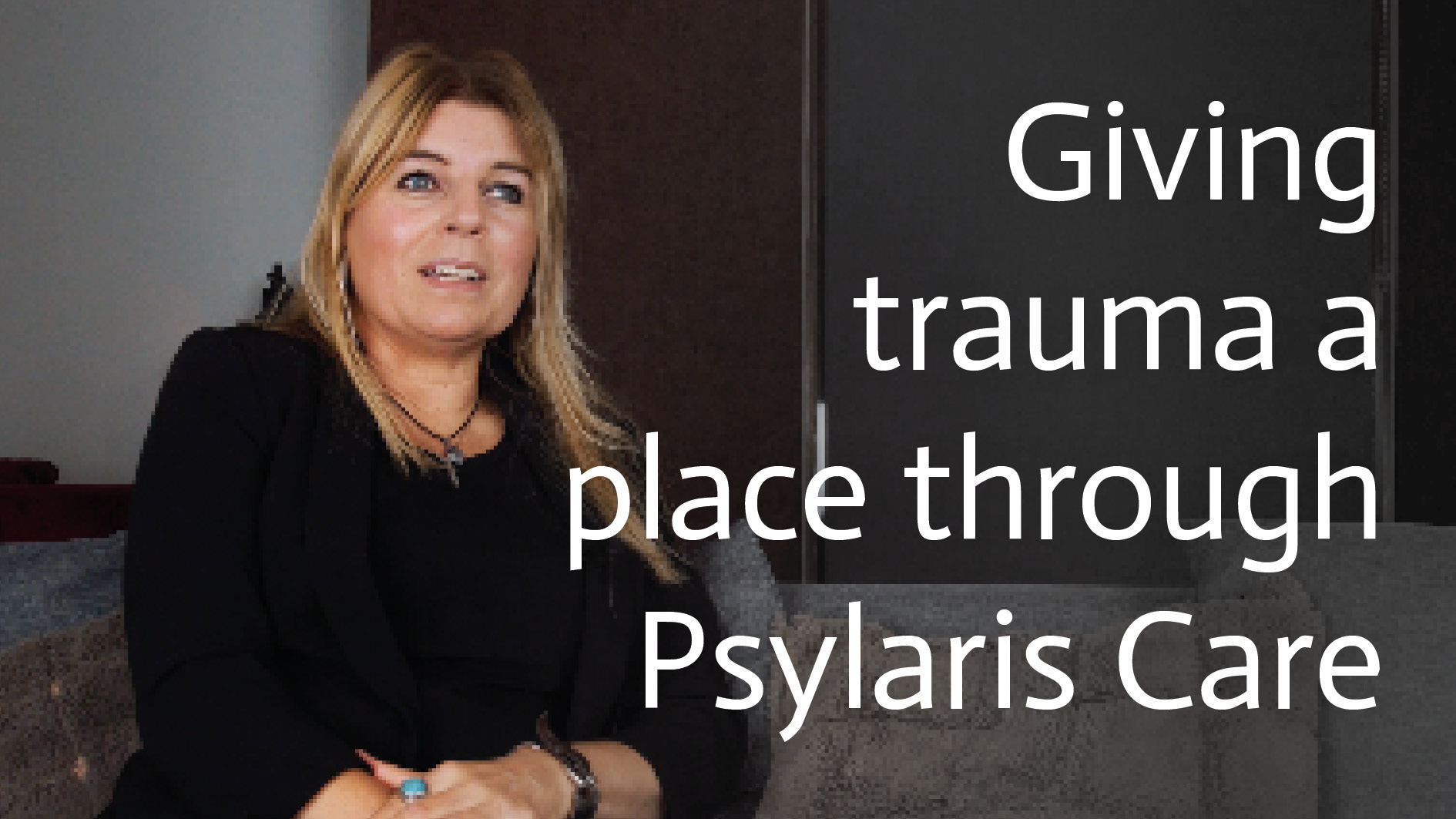950+
Organizations use Psylaris products
7500+
Therapists use our software worldwide
100.000+
Completed sessions with our applications
Narcissism is a personality disorder, where it seems that you have two different personalities. On the one hand, you always like to be the centre of attention, while on the other hand you have an inferiority complex and you feel insecure. Nobody gets to see the latter side. Only someone who is very close to you knows how things work. Narcissists are not pleasant company, because they like to talk about themselves and what they have achieved and will achieve.
It is not always easy to recognise narcissism. There are many people who like to be in the spotlight, but they are not narcissists. When you notice that someone really needs the attention and gets disappointed, angry or sad when this attention is not there, then this is one of the characteristics. Does a narcissist abuse someone who cannot stand up to his or her fancy talk in order to get things done, for example? Lacks empathy towards others and thinks it is his right to be in the spotlight? Then it is clear that you are dealing with a narcissist. The narcissist enjoys the attention and makes things look better than they really are. People who know the narcissist only superficially will quickly be impressed by his/her talk.

Usually nobody gets to see the other side of the narcissist. The narcissist then appears to have an extreme sense of inferiority and is actually always alone. Narcissists are often lonely, also because of their behaviour. If someone addresses the narcissist about his/her behaviour, a feeling of being hurt quickly follows. The narcissist will not accept this and will try to undermine the person. Being vulnerable is a terrible thing for a narcissist to do. It shows that you are not as perfect as you always pretend to be.
It is not entirely known how narcissism develops over time. In the mental health care it is assumed that it is a combination of factors, such as disposition, upbringing and possible traumatic events. Especially an unresolved trauma can be a trigger for developing into a narcissist. Because you have an inferiority complex due to the trauma, you try to hide this with your narcissistic behaviour. In this way, no one sees how you really are; everyone sees your outside, which is crazy for attention.

The problem with true narcissists is that they feel they are above everyone else. Because of this, they will not easily discover by themselves that they suffer from a personality disorder. If it turns out that life is not going as well as the narcissist often describes, if they encounter failures and quarrel a lot with people who don't approve their behaviour, the insight can sometimes come and the treatment of narcissism is possible.
Because an important cause of narcissism is an unresolved trauma, EMDR is a very effective treatment. The focus is not so much on the narcissism itself, but on processing the underlying trauma. EMDR stands for Eye Movement Desensitization and Reprocessing. In short: by means of distraction, the event is again processed in the memory, but no longer as a trauma. This distraction takes place at the moment that you bring the trauma to the surface, by means of a hand gesture or a sound signal. Through the distraction you let go of the trauma and think about something else. After a few sessions, it turns out that releasing the trauma and bringing it to mind is much easier and involves less emotion than before treatment.
For clients who cannot go out or are too busy to come to the practitioner, Psylaris has developed EMDR-remote. . This is an online platform on which the practitioner logs in and can video-call the client. EMDR then takes place at a distance. Traditional distraction techniques, such as hand gestures or sound signals, do not have to be used. Digitally, the practitioner has many possibilities for distraction on the platform.
Furthermore, Psylaris is active in the development of virtual reality therapy in the mental health sector. With EMDR-VR , EMDR treatment takes place wearing VR glasses. The client is completely separated from reality and is in the virtual world. This allows the practitioner to use many standard VR distraction tasks, but also to design his/her own distractions using photos and videos. Also with EMDR-VR it is possible to treat from a distance.

As a developer of modern methods and tools in mental healthcare, Psylaris has also made EMDR easy with modern techniques. Virtual reality, for example, plays an increasingly important role in the mental healthcare sector. With EMDR-VR and EMDR-plus, Psylaris has developed a VR-module. The module can easily be used by the practitioner and has many distraction possibilities. The client gets a more intense distraction than during a regular treatment. The VR glasses can be used both at home and in the treatment room. This makes both the practitioner and the client more flexible.
If the client is unable to come to the treatment centre, Psylaris uses EMDR-remote to make it possible to receive EMDR treatment at home. EMDR-remote is the online EMDR platform of Psylaris, where the practitioner and the client can conduct an EMDR session via video calling. Again, the practitioner has many possibilities to distract and the client, who is chained to the house, is still being treated.
We believe with the combination of intelligent software and qualified therapists we can develop a system in which everyone, anytime and anywhere has direct access to efficient and affordable psychological care.




This website uses cookies to ensure that you get the best experience on our website.